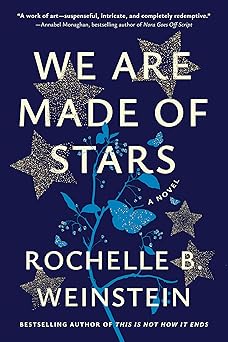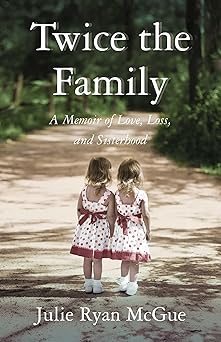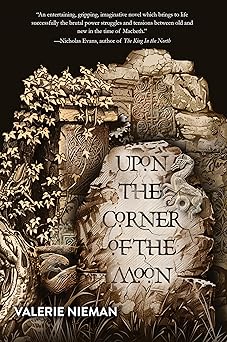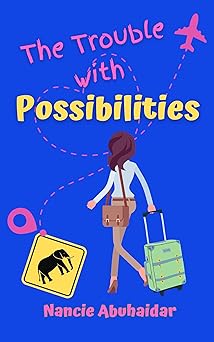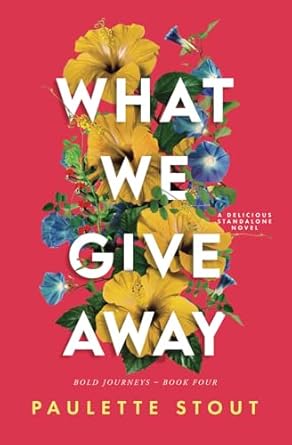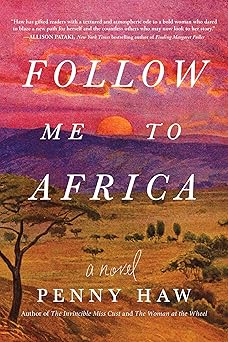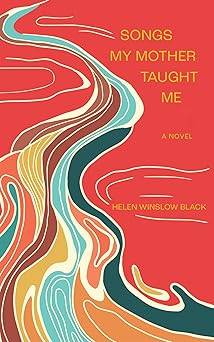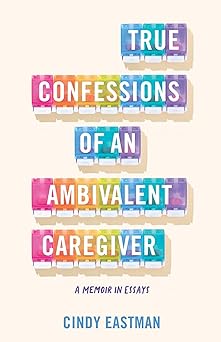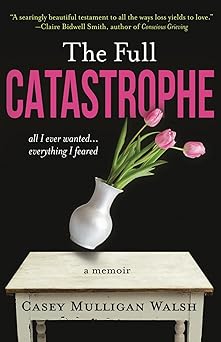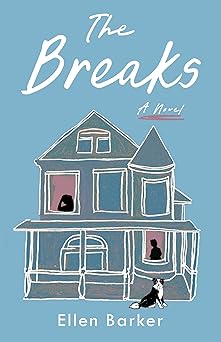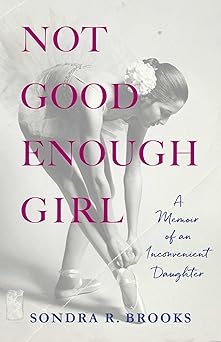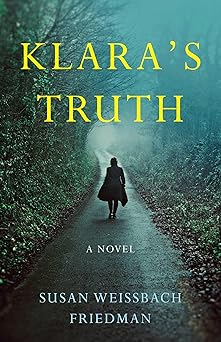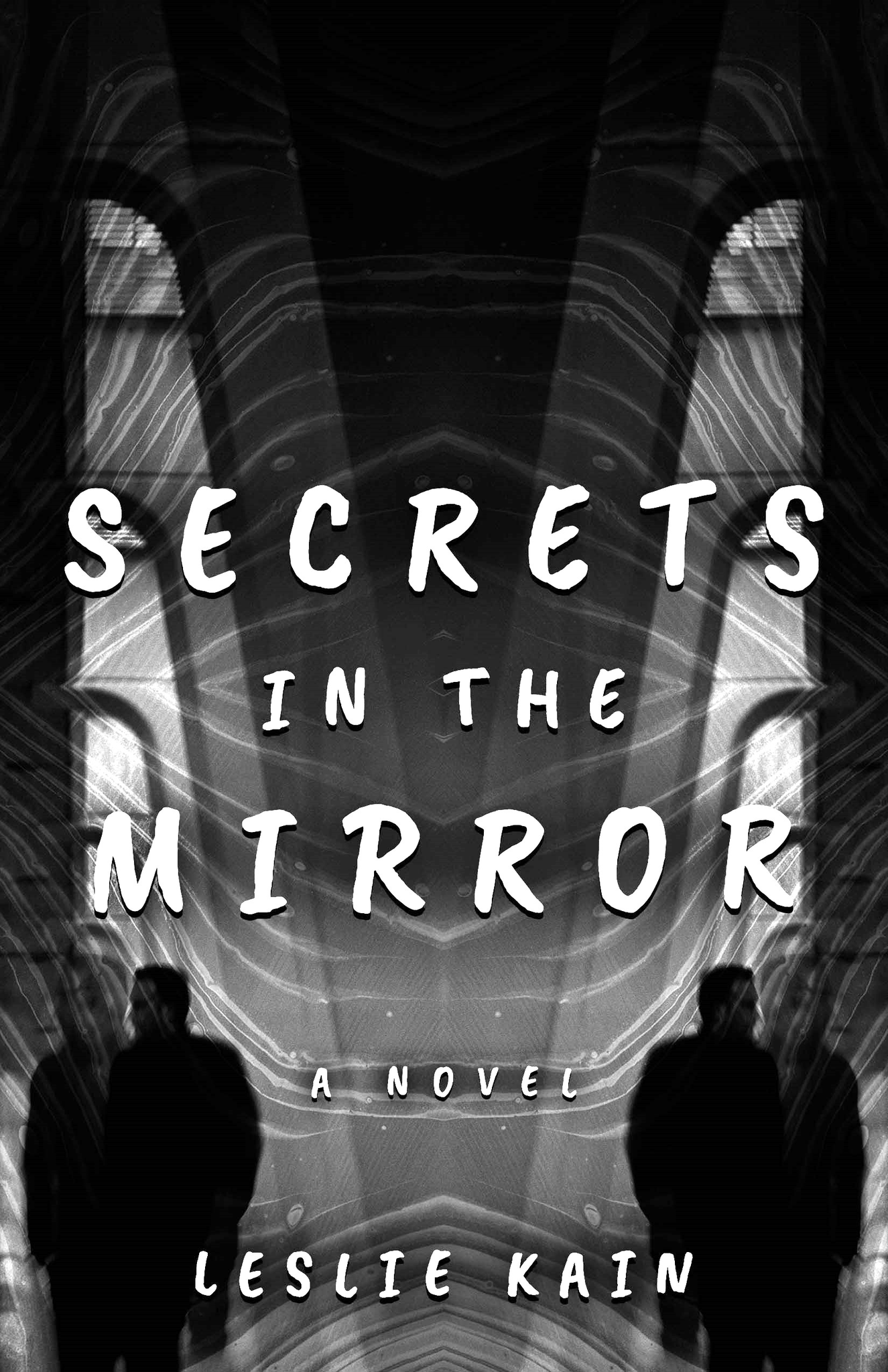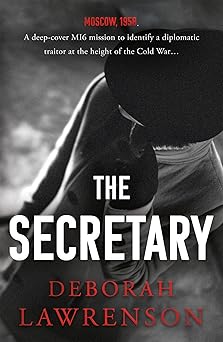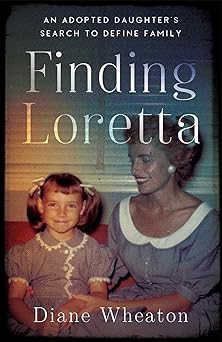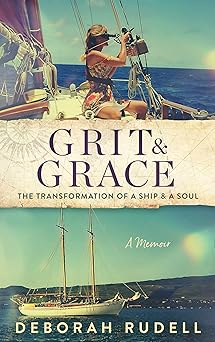From Iran to Freedom
Growing up in Tehran in the 90s, being a girl meant carrying a weight you didn’t fully understand. Life was shaped by rules that no one questioned, passed down from mothers to daughters without a second thought. Girls were taught that their worth was tied to marriage and motherhood, that their lives were meant to fit into a mold created long before they were born. They were made for men, without men, they meant nothing and everything else—dreams, ambitions, personal desires—came second, if at all. It was a culture built on shame, where being a woman meant constantly being reminded of your limitations.
But my home was different. My mom had spent her youth pushing against the same walls that now surrounded me. She rebelled against my grandfather, against religion, against a society that had already decided who she should be. She didn’t always win, and sometimes she got lost in the struggle, but she never gave up. In our house, there were no lectures about what a ‘good girl’ should do. Instead, there was music, books, and long conversations about the world outside. I grew up in that space, caught between the freedom I saw at home and the suffocating expectations outside.
Despite everything my mom tried to shield me from, I still felt the pressure. It was everywhere—in the way teachers spoke to us, in the chitchats of neighbors, in the expectations that followed me at school and beyond. No matter how much I wanted to blend in, I couldn’t. My thoughts, my clothes, the way I looked at the world—it all made me an outsider. And deep down, I knew I wanted out. Satellite TV became my escape. I watched foreign shows and imagined a life where I could be myself without fear. I dreamed of a place where no one would tell me how to dress, how to speak, or who to be. That dream became an obsession, something I couldn’t let go of.
But leaving Iran wasn’t easy. My mom and I gave up everything—our homes, in her case her family, the little security we had—just to have a shot at freedom. But no matter where I went, that feeling of not belonging stayed with me. I was always an outsider, always searching for something I couldn’t quite find. So I searched and searched. Moved from country to country until I joined my mom and sister in Thailand after years apart. I spent twelve years there, thinking that over time, things would feel normal. It didn’t! I loved Thailand but it didn’t feel home. So, eventually, I moved to France (That was my version of American Dreams), hoping it would finally feel like home. In some ways, it does—more than anywhere else has. But the feeling never completely fades, you may understand this if you’ve been living in a completely different environment, left behind everything known and restart life from zero. It’s as if no place will ever feel like it’s truly mine. For me belonging means feeling at ease, like you’re a part of something without having to try. It’s when you don’t have to explain yourself or pretend to be someone else. Not belonging, though, feels like wearing shoes that don’t fit—no matter how far you walk, they always pinch, reminding you that you’re out of place.
It’s been a while since I’ve been thinking about writing on women’s issues and the violation of women rights in Iran. I wrote a collection of creative essays, but I couldn’t bring myself to publish them. They’re painful, sharp, raw—and sharing them would mean laying my secrets bare for everyone to see. It’s not something I’m ready for yet. When I talked about it with my friend Aaron Paul Schaut, he encouraged me to look at it differently. I don’t know how he convinced me to write, I don’t really but we wrote a literary duo—Counting Crows and Lover’s Rock. In it, Tina’s story , in many ways, is similar to mine and my mom’s. Tina grows up in Tehran, feeling trapped by expectations that were never hers to begin with. She dreams of America, believing it holds the answers to who she really is. Through her, I explored what it means to leave everything behind in search of something better, for the illusion of freedom—and what happens when you realize that even freedom comes with its own struggles.
I don’t have all the answers yet. Maybe I never will. But for now, I keep moving forward, hoping that one day, I’ll find a place where I truly belong—not just in a country, but within myself.
—
Neda Aria writes stories that explore longing, identity, and womanhood in all their forms. From the sci-fi dystopia of Enaro to the transgressive narratives of Feminomaniacs and Machinocracy, her work are focused on complexities of human connection and the influence of technology and ideology on behavior and selfhood. Writing under the pen name Lilith Wilde, she explores passion, lust, and human flaws in works such as Bella Donna and the upcoming Red Wings. Her latest book, Counting Crows in collaboration with Aaron Paul Schaut, author of These Americans and Lover’s Rock, offers the female protagonist’s perspective from Lover’s Rock. It is an exploration of feminism, womanhood, and the cost of freedom. Through every story, Neda seeks to uncover the beautifully unfinished narratives that define us all.
Counting Crows
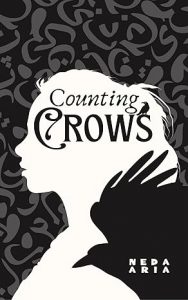 Tina, now in her 40s, is a famous Iranian painter living in Manhattan, but her life is fraying at the seams. Raised in the chaos of 90s Tehran, where the American dream and rock music flickered like dreams never come true, Tina grew up fighting for a freedom that always felt like a crime. Now, married to a great husband with her dream job and life, she’s struggling in ways she never expected. Stuck in a creative block for her latest career-defining project, Self.
Tina, now in her 40s, is a famous Iranian painter living in Manhattan, but her life is fraying at the seams. Raised in the chaos of 90s Tehran, where the American dream and rock music flickered like dreams never come true, Tina grew up fighting for a freedom that always felt like a crime. Now, married to a great husband with her dream job and life, she’s struggling in ways she never expected. Stuck in a creative block for her latest career-defining project, Self.
Amidst this struggle, memories of a boy named Gus returns. Their accidental meetings in the dive bars and cafés of Grand Rapids. Right places, wrong times, and feelings that are left unresolved. Her search for him becomes a borderline obsession, as she’s convinced that finding Gus could be the key to unlocking the art—and the self—she’s lost.
Tina’s Perspective on Lover’s Rock story by Aaron Paul Schaut
BUY HERE
Category: On Writing




